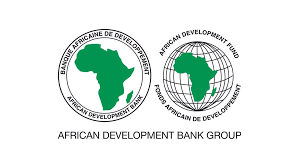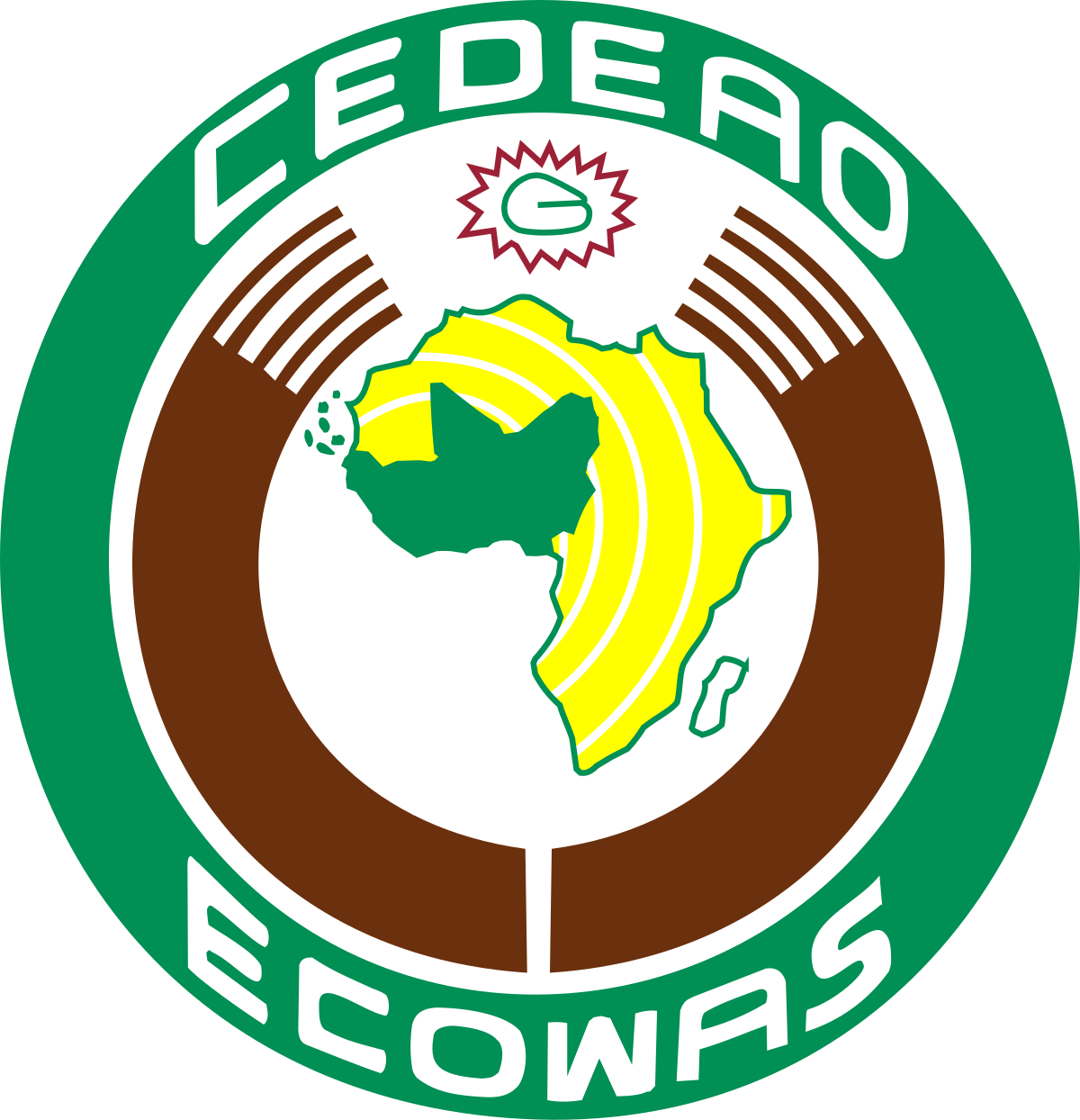African Union Summit: African Development Bank President Highlights a Decade of Economic Transformational Impact

African Development Bank Group President Dr. Akinwumi A. Adesina, delivered a compelling farewell address to Heads of State and Government at the 38th African Union Summit, highlighting a decade of remarkable achievements by the Bank in driving Africa’s economic transformation.
H.E. Mahmoud Ali Youssouf, H.E. Ambassador Selma Malika Haddadi, and 4 Commissioners elected to leadership positions in the African Union Commission elections

H.E. Mahmoud Ali Youssouf, (Djibouti, Eastern Region) has been elected as the Chairperson of the African Union Commission. He will be to be deputised by H.E. Selma Malika Haddadi (Algeria, Northern Region). Both mandates are for four years, renewable once.
The two leaders were elected and sworn in at the 38th Ordinary Session of the Assembly of Heads of State and Government that took place from 15 to 16 February 2025. Both elected officials garnered the required two thirds majority votes of the 49 member states eligible to vote. 6 AU member states are under sanctions and therefore ineligible to vote.
Djibouti Strengthens Blue Economy Governance with National Coordination Platform Meeting

The Intergovernmental Authority on Development (IGAD), in collaboration with Djibouti’s Ministry of Environment and Sustainable Development, has successfully concluded a two-day National Blue Economy Coordination Platform meeting in Arta.
Uganda and South Sudan: African Development Fund approves financing of $153.66 million for electricity interconnection project

The Board of Directors of the African Development Fund approved several loans and grants to Uganda and South Sudan to implement an electricity interconnection project between the two neighbouring countries in East Africa.
African Development Bank’s Climate Action Window channels $31m to boost climate resilience in four countries

The Board of Directors of the African Development Bank Group has approved over $31 million in funding under its African Climate Action Window (CAW) to strengthen climate resilience in Sierra Leone, South Sudan, Djibouti, and Madagascar.
High Level Political Dialogue on Sustainable Financing Mechanisms as lever for Quality Education and Skills Development in Africa in the 21st Century

On the margins of the 38th African Union Summit, the African Union Commission (AUC), in collaboration with the Government of Mauritania and UNICEF, will convene a High-Level Political Dialogue on Sustainable Financing Mechanisms as a Lever for Quality Education and Skills Development in Africa in the 21st Century. Scheduled for February 16, 2025, from 11:00 – 13:00 (East African time), this pivotal side event will gather key stakeholders to mobilize political will and resources towards the sustainable financing of education across the continent.
African Development Bank: New report highlights Africa’s strengthening economic growth amid global challenges

- Growth rates above 5 percent expected in close to half of the continent’s countries in 2025; 12 of world’s 20 fastest growing economies will be African.
Africa’s economic performance is showing signs of improvement but remains vulnerable to global shocks, according to the 2025 Macroeconomic Performance and Outlook (MEO) report released by the African Development Bank on Friday.
38th African Union Summit

Addis Ababa, Ethiopia
15 - 16 February 2025
The African Union Summit 38th Ordinary Session will convene on various dates from 14th January 2025 to 16th February 2025.
ECOWAS and India plan to enhance their cooperation relations

7 February 2025
The visit by the Chargé d’Affaires of the Indian High Commission to Nigeria and the Economic Community of West African States (ECOWAS), Ms Vartika Rawat, to the President of the ECOWAS Commission, Dr Omar Alieu Touray, on Thursday 6 February 2025 in Abuja, Nigeria, bears witness to India’s interest in strengthening its relations and cooperation with the regional organisation.
Local debt solutions at the forefront as African Development Bank launches pan-African debt management forum

7 February 2025
The African Development Bank has launched a Debt Management Forum for Africa (DeMFA), a platform to manage Africa’s debt challenges against the backdrop of rising debt, increasing debt costs, and a decline in credit ratings across the continent.




